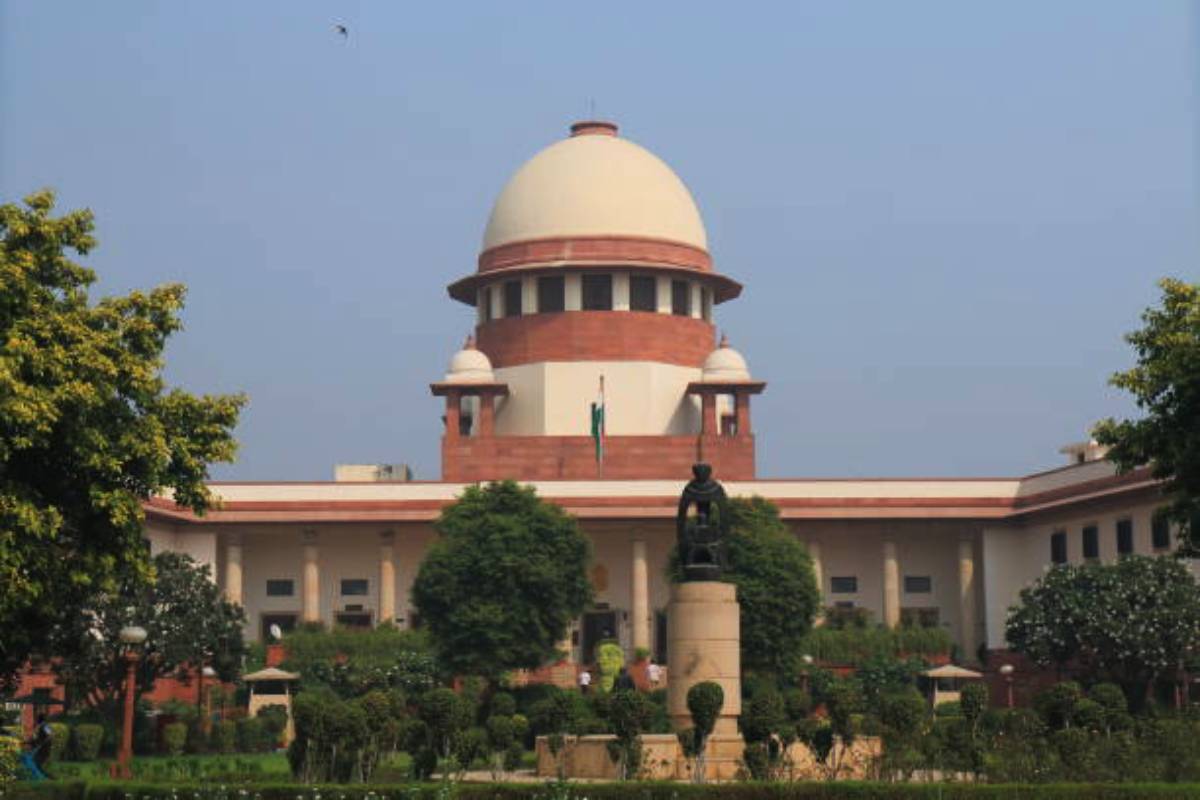In an important judgment to put an end to the caste-based discrimination and allocation of work in jails across the country, the Supreme Court on Thursday said that there should not be any caste-based discrimination in the prisons and directed the deletion of caste column in the prison register relating to undertrials and convicts.
Striking down the provisions in jail manuals perpetuating caste discrimination and segregation as “unconstitutional, Chief Justice D.Y. Chandrachud speaking for the bench also comprising Justice J.B. Pardiwala and Justice Manoj Misra ordered, “The impugned provisions are declared unconstitutional for being violative of Articles 14, 15, 17, 21, and 23 of the Constitution. All States and Union Territories are directed to revise their Prison Manuals/Rules in accordance with this judgment within a period of three months”.
Advertisement
Directing that the “caste” column and any references to caste in respect of undertrial prisoners or convicts’ registers inside the prisons “shall be deleted”, the top court also ordered the Central government to “make necessary changes, …, to address caste-based discrimination in the Model Prison Manual 2016 and the Model Prisons and Correctional Services Act 2023 within a period of three months.”
Besides the slew of directions that the court issued for affecting changes in jail manuals in the States and the Union Territories to end caste-based discrimination in prisons, the court also took suo motu cognizance of the discrimination happening within the prisons based on caste, gender, disability or any other ground.
Directing its registry to list the suo motu matter after three months, the judgment said that on the first date of hearing (of the suo motu matter), all the States and the Central governments shall file a report on the compliance with the directions issued today.
Stating that the reference to the “habitual offenders” in the prison manuals/Model Prison Manual shall be in conformity with the definition given in the Habitual Offenders Act in force in the respective State, the court said that all other references or definitions of “habitual offenders” in the prison manuals/rules under challenge are declared unconstitutional.
The court further stated that in case, there is no habitual offender law in a State, the Central and the State governments are directed to make necessary changes in the manuals/rules in line with the judgment of the court, within three months.
The top court also directed the police, across the country, to follow guidelines relating to arrest by police, issued by the top court in its July 2, 2014, Arnesh Kumar v. State of Bihar judgment. The top court also directed the police to follow directions issued by it (the top court) in 2024 in Amanatullah Khan v. The Commissioner of Police, Delhi to ensure that members of Denotified Tribes are not subjected to arbitrary arrest.
The top court judgment came on a petition by journalist Sukanya Shantha, who had written an article “From Segregation to Labour, Manu’s Caste Law Governs the Indian Prison System” on December 10, 2020. The article highlighted caste-based discrimination in the prisons in the country. The journalist had approached the top court in 2023. The orders in the case were reserved on July 10, 2024.











